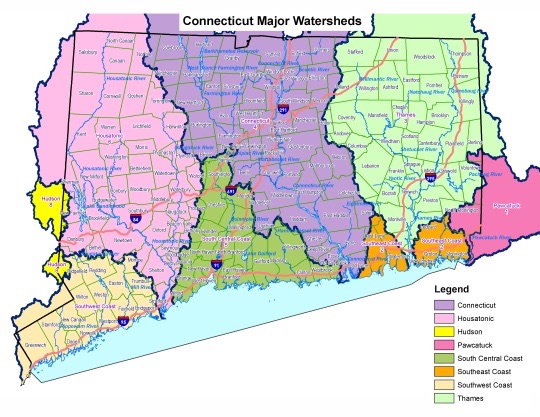Bioregion. A life region. A geographical area whose boundaries are roughly determined by nature rather than human beings. One bioregion is distinguished from another by characteristics of flora, fauna, water, climate, rocks, soils, land forms, and the hum an settlements, cultures, and communities these characteristics have spawned.
“Local community is the basic unit of human habitation. It is at this level that we can reach our fullest potential and best effect social change. Local communities need to network to empower our bioregional communities.
Human communities are integral parts of the larger bioregional and planetary life communities. The empowerment of human communities is inseparable from the larger task of reinhabitation — learning to live sustainably and joyfully in place.”
Bioregionalism is a comprehensive “new” way of defining and understanding the place where we live, and living in that place sustainably and respectfully. What bioregionalism represents is new only for people who come out of the Western industrial-technolo gical heritage. The essence of bioregionalism has been reality and common sense for native people living close to the land for thousands of years, and remains so for human beings today. At the same time, bioregional concepts are rigorously defensible in t erms of science, technology, economics, politics, and other fields of “civilized” human endeavor.
If we are to continue to live on Earth, the definition of community has to include all the living things in our ecosystem. Without the flowers, mammals, insects, trees, birds, grasses, and the living soil a nd waters in community with each other, we would not be here at all. Humans need other life forms in order to survive. Without a respectful, cooperative relationship with others, we are both physically and spiritually impoverished.
The ecosystem, the watershed, the bioregion: these are the context, the boundary, the basic foundations of community. Lest our communities be parasitic and unsustainable, rights equal to our own human rights must be secured for all the living things of th e ecosystem community in which our human communities are embedded. There is nothing new about any of this — except in the sense that contemporary society has forgotten what indigenous peoples around the earth have always remembered. It is for us to remem ber, to relearn, and to put into practice.
In order to be sustainable, our ways of making a living must be ecological. Ecological economics means bioregional self-reliance, deriving as much as possible of our livelihood from within, and close to, our community, only moving farther afield when we m ust. To be sustainable, we must better see our reliance on and interdependence with the nonhuman members of our community. We must rely on each other for health, sustenance, and wisdom.
From "Bioregionalism and Community" by David Haenke

No comments:
Post a Comment